A Brief Review of Webster's, "Holiness"
In “Holiness,” John Webster brilliantly unpacks the full riches of holiness in reference to God, the Church, and the individual believer. He begins by observing that the theological task requires a holiness of its own, namely, human reason set apart by God from its bondage to intellectual autonomy. The theologian must always acknowledge his depend upon God as it seeks to understand His majesty. Webster argues that a properly Christian theology of holiness must take a thoroughly Trinitarian shape: the Father is holy as the one who elects His people for holiness, the Son is holy as the one who secures His people’s reconciliation to God from unholiness, the Spirit is holy as the one who sanctifies His people in holiness. The Church is holy as it confesses God’s incomparable majesty, and the Christian is holy as he is vivified by the Spirit and his unrighteousness mortified. The Christian’s pursuit of holiness is grounded in the gracious reconciliation that God has already actualized on his behalf. Living a holy life is a matter of answering to the grace that God has manifestly demonstrated in salvation history. So much more could be said about this great little book, and I’m sure I’ll come back to it many more times for fresh insight.
